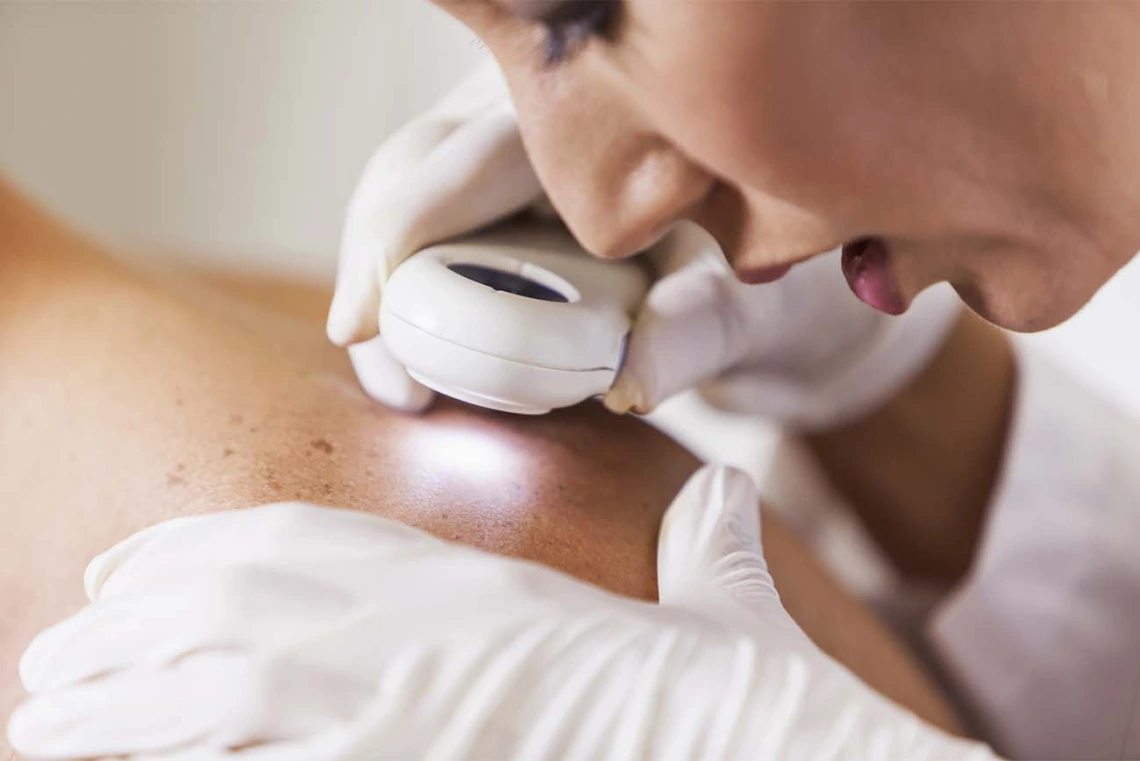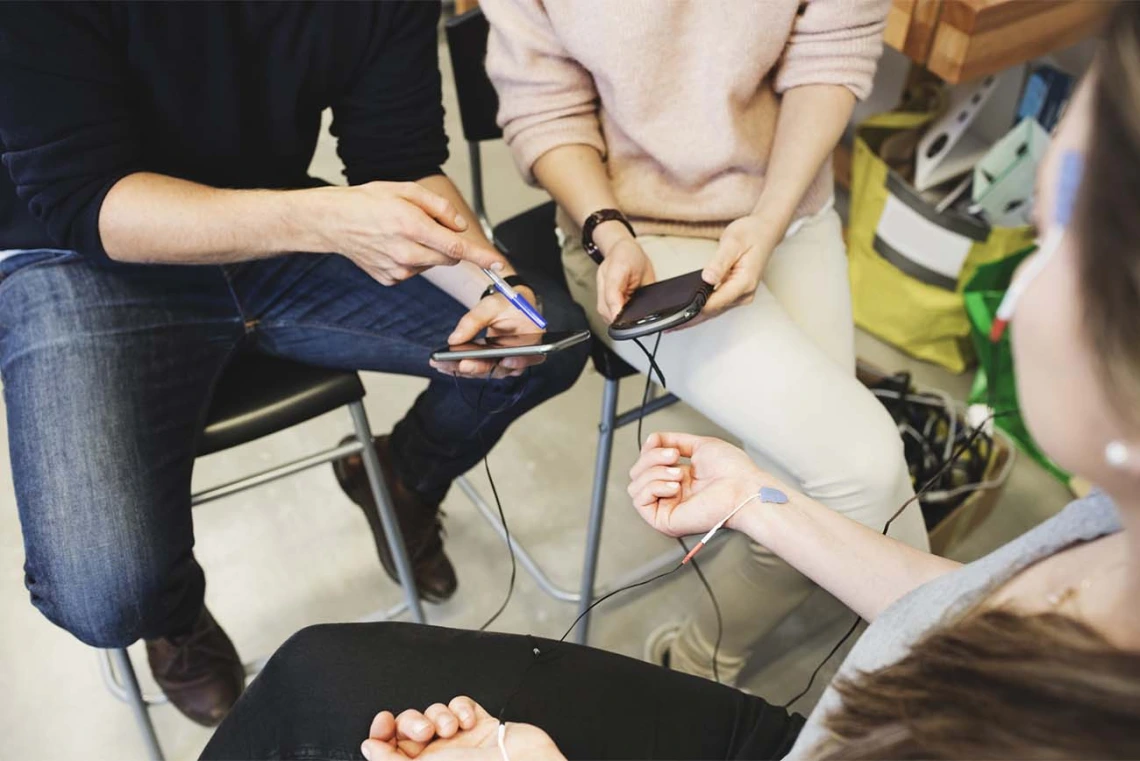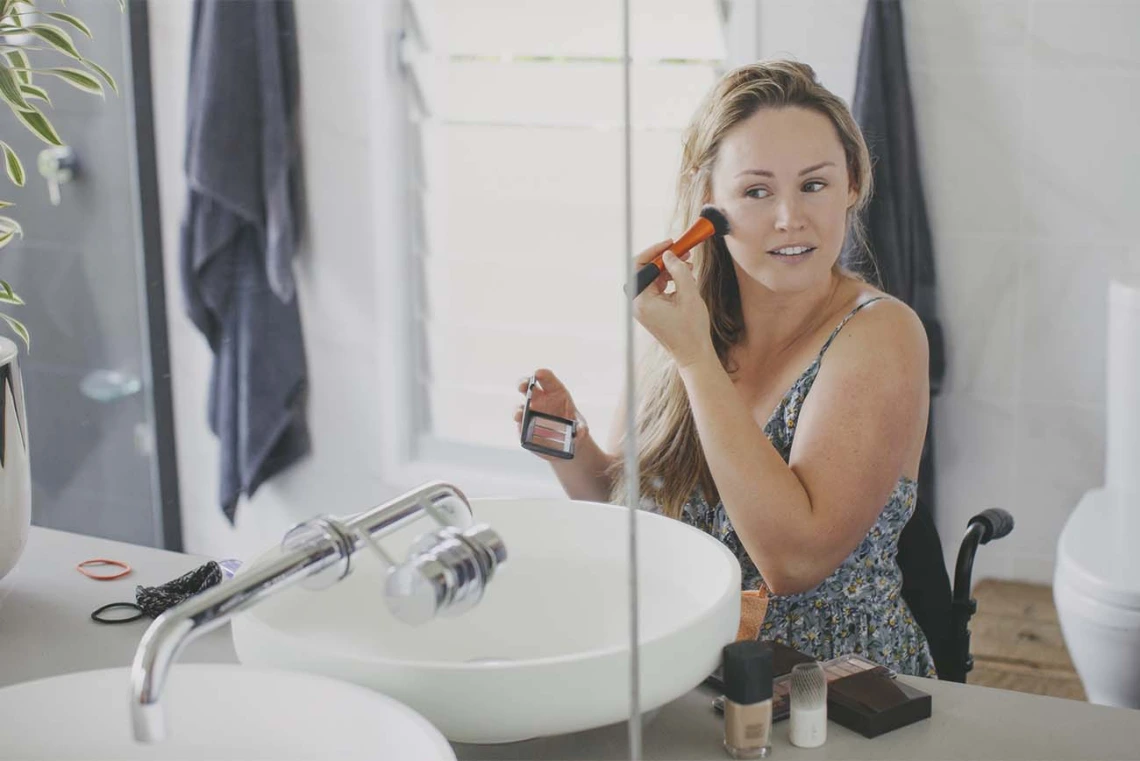3 Tips About Mobile Apps That Check for Skin Cancer
Mobile applications can’t replace doctors, but they can be useful tools if you want to take a proactive approach to skin care.

In the U.S., 1 in 5 people will get skin cancer in their lifetimes, according to the Skin Cancer Foundation. Skin cancers affect not only your appearance, but also your overall health. The best way to identify skin cancer before it becomes a more serious problem is by regularly checking your skin, ideally working directly with a dermatologist.
In recent years, a number of dermatological and skin care mobile apps have been developed that can help you identify and track skin health issues. When used correctly, these apps can supplement your existing relationship with a health care professional and allow you to take a more proactive role in your skin care.
Lisa Quale, health educator at the University of Arizona Skin Cancer Institute, offers three tips to keep in mind when using apps to check for skin cancer and other skin health issues.
1. Remember, apps don’t replace doctors.

Dermatologists use tools like a dermatoscope, a hand-held visual aid to diagnose skin lesions and diseases.
Never use an app to diagnose yourself. An app might incorrectly identify a harmless spot as skin cancer or dismiss a mole that is a potentially cancerous. Doctors have the right instruments and procedures to make a definitive diagnosis.
Going to a dermatologist, a doctor who specializes in treating the skin, ensures the necessary hands-on care and knowledge of your personal health for a professional diagnosis. They can use a dermatoscope to see a spot more deeply or take a biopsy of the spot for further analysis.
Working with an expert in skin exams with an understanding of your personal history, including your risk of a skin cancer, will give you a more complete picture of your best path to skin health.
2. Be aware of technological shortfalls.

Be mindful that mobile health applications may have little to no expert input to accurately diagnoses health issues.
Apps used for tracking skin health use fairly new technology, and their utility is not yet completely understood. This could mean a mobile app may overlook a harmful melanoma, give different results for the same spot over time, or be unable to detect certain types of skin cancer.
When choosing an app designed for skin health, do your homework to find an app that fulfills your needs. Be mindful there might be minimal input from skin cancer experts during the app’s development or too little testing to verify the app’s accuracy in diagnosing skin cancer.
More research is needed to show that these kinds of apps are safe and reliable tools, which is important to keep in mind when using any mobile app designed to monitor health issues.
3. Use apps as tools for monitoring your skin care and health.

For your best skin health, use mobile apps as an aid while working directly with a doctor.
Dermatological and skin care apps are meant to help your self-care. For example, you could use an app to set reminders for a monthly skin self-examination. Or you could use an app to monitor a lesion or mole, tracking changes in coloration and size over time. In some cases, you may be able to share information and photos with your dermatologist between regularly scheduled visits.
Apps can be an inexpensive and convenient addition to your existing skin care regimen, but working with a dermatologist or primary care physician remains the best way of getting the right care for your skin.
About the Author
Lisa Quale began her career with the University of Arizona Cancer Center in 2002, and became the health educator for the Skin Cancer Institute when it was established in 2006. She educates patients, oversees all educational materials and aids in the development of brochures, videos and website information on skin cancer prevention and detection.

